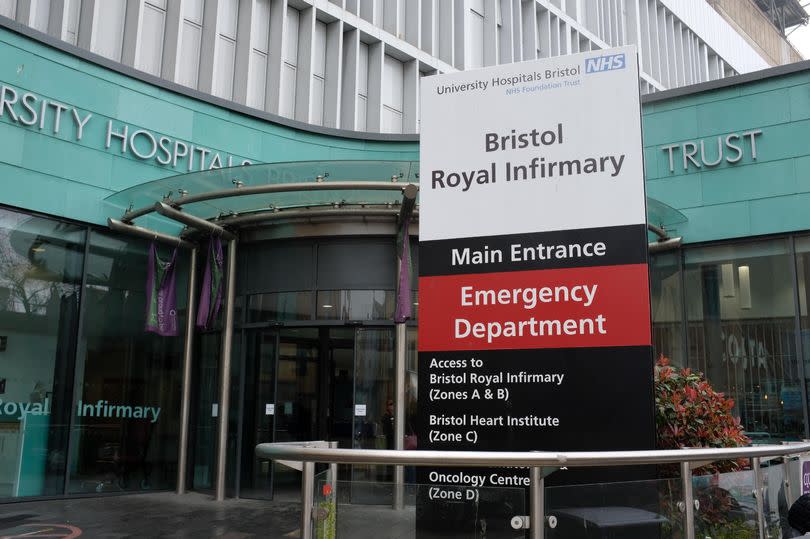Bristol hospitals are fifth worst in the country for bed blocking

The NHS is in the midst of a bed blocking crisis, with over half of available hospital beds in England out of action due to delayed discharges. The Bristol region is among the highest in the country when it comes to the problem of medically fit patients occupying beds.
An average of 12,772 patients a day were stuck in hospital in England in April despite being declared medically fit by doctors. This means that over half (53.81%) of patients who no longer meet the criteria to reside, are blocking beds as they are unable to leave.
Bristol, North Somerset, and South Gloucestershire Integrated Care Board (ICB) ranked as having the fifth highest percentage of patients residing, who do not meet the criteria to, at 60.69%. Birmingham and Solihull ICB has the highest percentage of patients blocking beds at 81%.
READ MORE: Misleading change in NHS dentist list gives false hope to patients
READ MORE: Woman accused of being a ‘bed blocker’ says she’s been ‘left to rot’ in hospital bed
The main reasons for the delays locally were found to be long waits for referrals and the lack of available beds in nursing homes and community hospitals. Data from NHS England shows that the number of hospital beds in England has declined by half in the last 30 years- from an average of 300,000 in 1987 to just over 138,000 beds in 2022.
Analysis from The Health Foundation shows that increasing pressures in social care contribute to the delays alongside wider pressures on the health and care system. According to the foundation , patients who stay in hospital when they are ready to be discharged are ‘at higher risk of hospital-acquired infections and of losing mobility and independence.’
The latest statistics provided by Patient Claim Line (week commencing April 22), shows that 108,638 patients in England have had a length of 21+ additional bed days. According to the King’s Fund , the direct cost of delayed discharges is £395 per night, making these additional days alone cost the NHS over £858 million.
Commenting on the findings, Jennifer Argent, Solicitor at Patient Claim Line said: “It’s disappointing to see a significant number of patients occupying beds that do not meet the criteria to reside in hospitals. Not only does this affect the number of beds available for patient care, but it has the potential to cause distress to patients who are experiencing unnecessarily long stays in hospital.”
In January 2023, the Department of Health and Social announced that over £250m would be set aside for 900 additional beds. Professor Philip Banfield, BMA council chair described the move at the time as being “too little, too late”, being well below the 10,000 additional beds recommended by the Royal College of Emergency Medicine and will not reduce waits without measures being taken to solve the staffing crisis in the NHS.
Bristol, North Somerset, and South Gloucestershire ICB has been approached for a comment.

 Yahoo News
Yahoo News 
